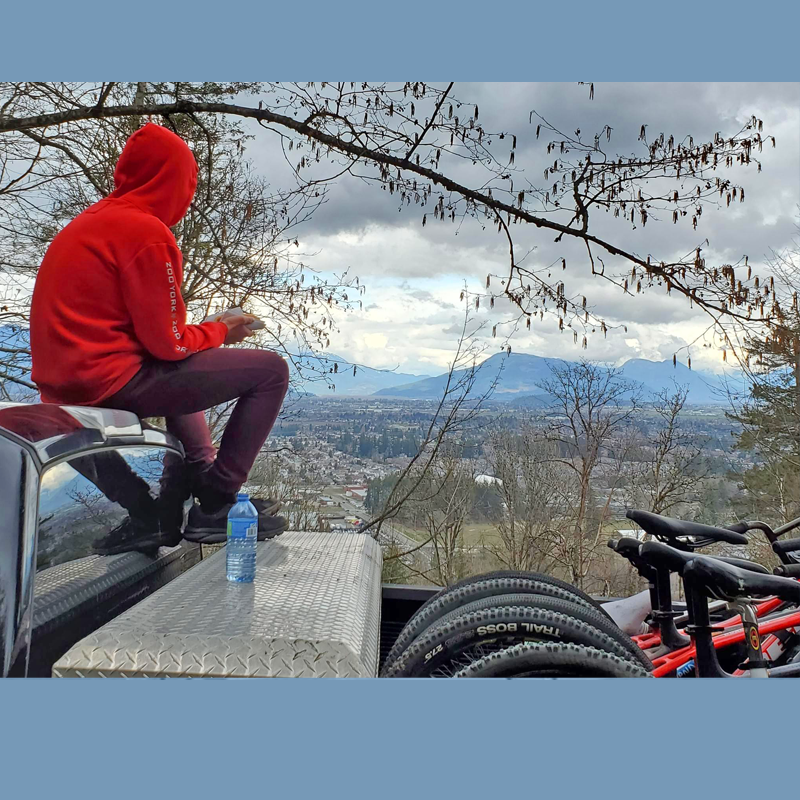
Biking with Stó:lō youth through the Mémiyelhtel program. An example of deepening ties, mémiyelhtel means "to help others". This activity grew out of a relationship that was nurtured within the project with Stó:lō health services and their youth program Memiyelhtel.
Enhancing cultural safety in hospitals and health care settings is a need and priority across Canada and at Chilliwack General Hospital (CGH), a key health care facility for many First Nations community members.
The CGH Medical Staff Association (MSA) has been working to create education and relationship-building opportunities among physicians, front-line care providers, and community members.
The work aims to address some recommendations stemming from the In Plain Sight report that highlights Indigenous specific racism and the long, lingering impacts of colonialism on the BC health care system.
Sessional funding for medical staff involvement is provided by the CGH MSA through Facility Engagement, an initiative of the Specialist Services Committee and a joint collaborative Committee of Doctors of BC and the Government of BC.
Sharing stories, building understanding
One CGH MSA project involved organizing a half-day workshop to improve cultural awareness for hospitalists to enhance the delivery of patient care.
Another gathered stories of both positive and negative interactions experienced by patients at the CGH Emergency Department (ED), and sought advice from partners for improving cultural safety and humility in the unit.
The opportunity brought together MSA members, physicians, and front line staff with Stó:lō Health Services, individual First Nations' community members, and Fraser Health cultural safety staff for small group discussions, larger group presentations, and onsite experiences.
In one discussion, individuals from different groups shared stories, fostering a deeper understanding of patients’ lived experiences.
The group included aboriginal representatives, physicians and other staff, individuals living in shelters, and people who had experienced substance use issues, had recovered, and were now supporting others.
Gaining insights into youth experiences and needs
Physicians have also toured a local youth shelter, engaging in group activities with youth to hear about their first hand experiences, gain a deeper understanding of the downtown Chilliwack environment, and learn about available resources and support needs.
Making an impact
The efforts are having an impact by fostering stronger relationships between partners, physicians, and patients. They have also transferred knowledge and perspectives for a deeper understanding of individual situations, and root-level issues to consider in their care when they present in the ED and hospital.
“We’ve been successful in opening the lines of communication between the various health agencies and our department. Organizing a Facility Engagement project on First Nations Cultural Safety in Emergency Department has been very rewarding. It has resulted in stronger relationships for our local system and as well for me personally as an Emergency Department physician.” – Dr M. Greidanus
“We see a lot of patients with issues with homelessness and addictions lately here in the ED, so this gives you a different perspective to understand the other side, on the front-line level.” – Dr Diala El-Zammar, President of Chilliwack MSA
Looking for resources to support your own engagement efforts?
Check out the Doctors of BC Guide for Respectful Indigenous Engagement to support divisions, MSAs, and physician members in their work with First Nations, Métis, and Inuit.
![]()
 |
 |
 |
